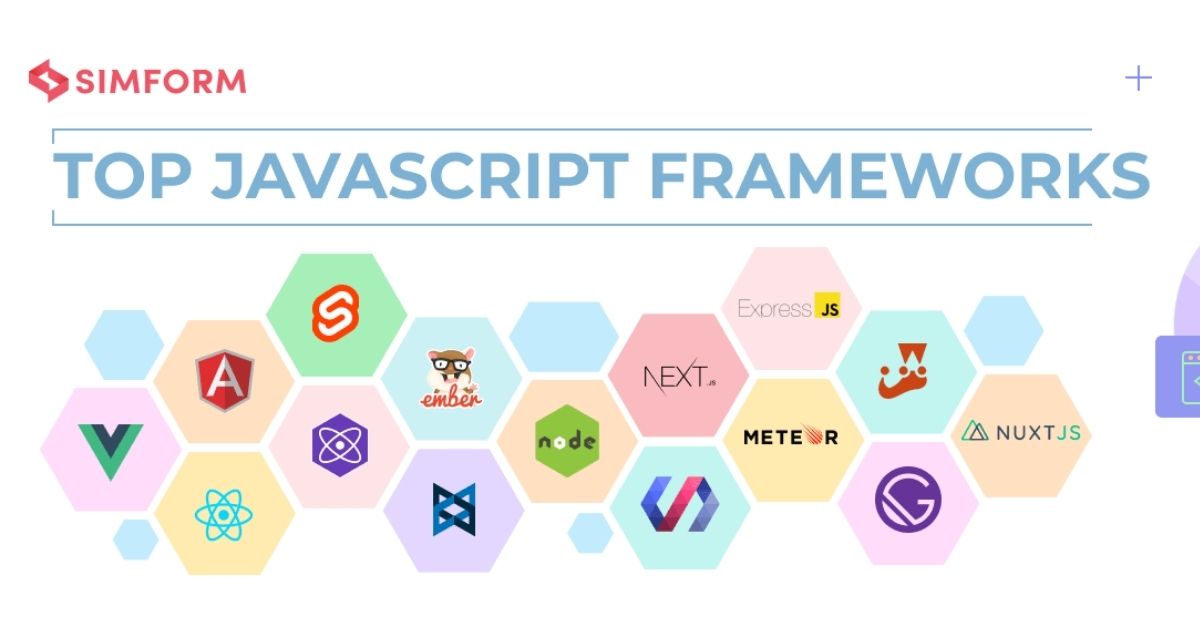Aixuze Insights
Explore the latest trends and insights on diverse topics.
JavaScript Frameworks: The Playground of Developers
Discover the ultimate guide to JavaScript frameworks and unlock your development potential in this vibrant playground for coders!
Top 5 JavaScript Frameworks Revolutionizing Web Development
In the modern landscape of web development, JavaScript frameworks play a crucial role in streamlining the process of building dynamic applications. Among the myriad of options available, the following five frameworks are leading the charge in revolutionizing how developers approach frontend and backend development:
Each of these frameworks brings unique strengths to the table. For instance, React, maintained by Facebook, allows for the creation of reusable UI components, significantly enhancing productivity. Angular, on the other hand, offers a complete solution with its two-way data binding and dependency injection. Meanwhile, Vue.js stands out for its simplicity and gentle learning curve, making it a favorite among beginners. As we delve deeper into the capabilities of these frameworks, it's clear that they are not just tools, but pivotal elements in shaping the future of web development. For further reading, you can check out this comprehensive comparison.

Understanding the Differences: React vs Angular vs Vue
When it comes to modern web development, three of the most popular JavaScript frameworks are React, Angular, and Vue. Each framework has its unique features and caters to different needs in application development. For instance, React, developed by Facebook, focuses on a component-based architecture that allows developers to create reusable UI components. Its virtual DOM feature enhances performance by minimizing direct DOM manipulation. You can learn more about React on the official React documentation.
Angular, on the other hand, is a full-fledged framework maintained by Google, which provides a comprehensive solution for building complex applications. It employs a two-way data binding approach that synchronizes data between the model and the view. This makes it particularly powerful for applications requiring real-time data updates. To explore more about Angular, visit the official Angular documentation. In contrast, Vue is often praised for its gentle learning curve and flexibility, allowing developers to incrementally adopt it within existing projects. To dive deeper into Vue, refer to the Vue guide.
How to Choose the Right JavaScript Framework for Your Project
Choosing the right JavaScript framework for your project can significantly impact its performance, maintainability, and scalability. With numerous options available, it’s essential to evaluate your project’s requirements carefully. Start by considering factors such as the complexity of the application, the development team's familiarity with different frameworks, and the project's long-term goals. Popular frameworks like React, Angular, and Vue.js each have unique strengths suited to various use cases.
Next, conduct thorough research on community support and documentation for each framework. A strong community can provide valuable resources, troubleshooting help, and plugins that can speed up the development process. To make an informed decision, consider reading guides and comparisons to weigh the pros and cons. Ultimately, by aligning your choice with your project's specific needs, you can ensure a successful development experience.